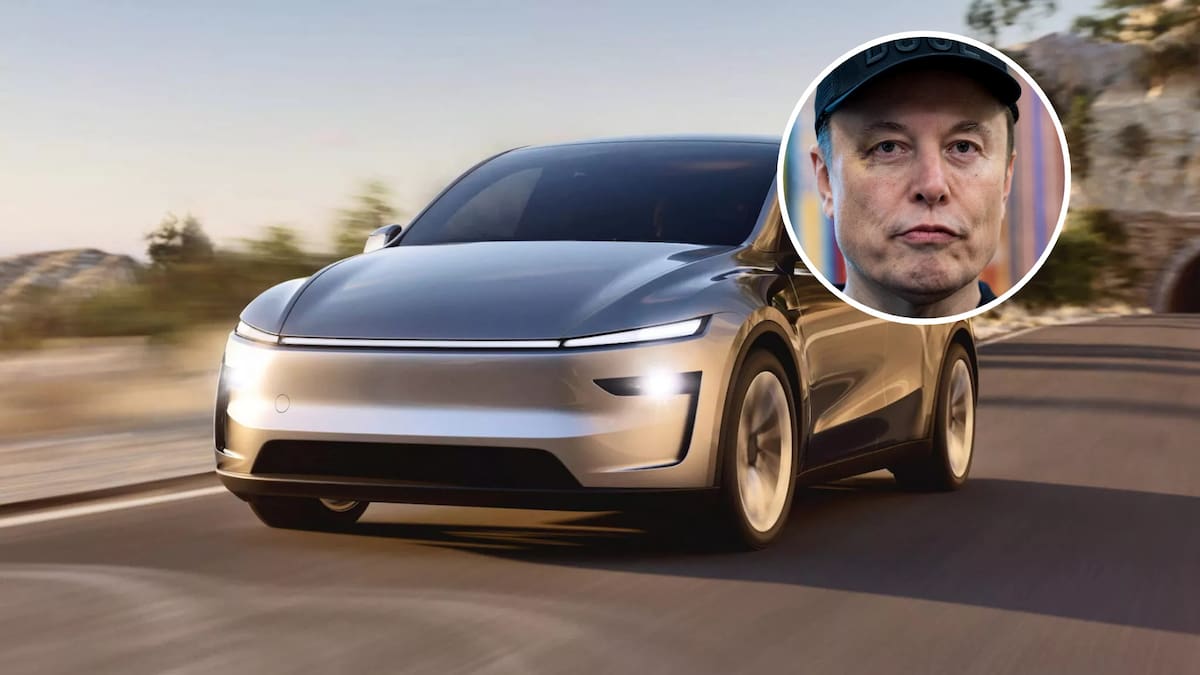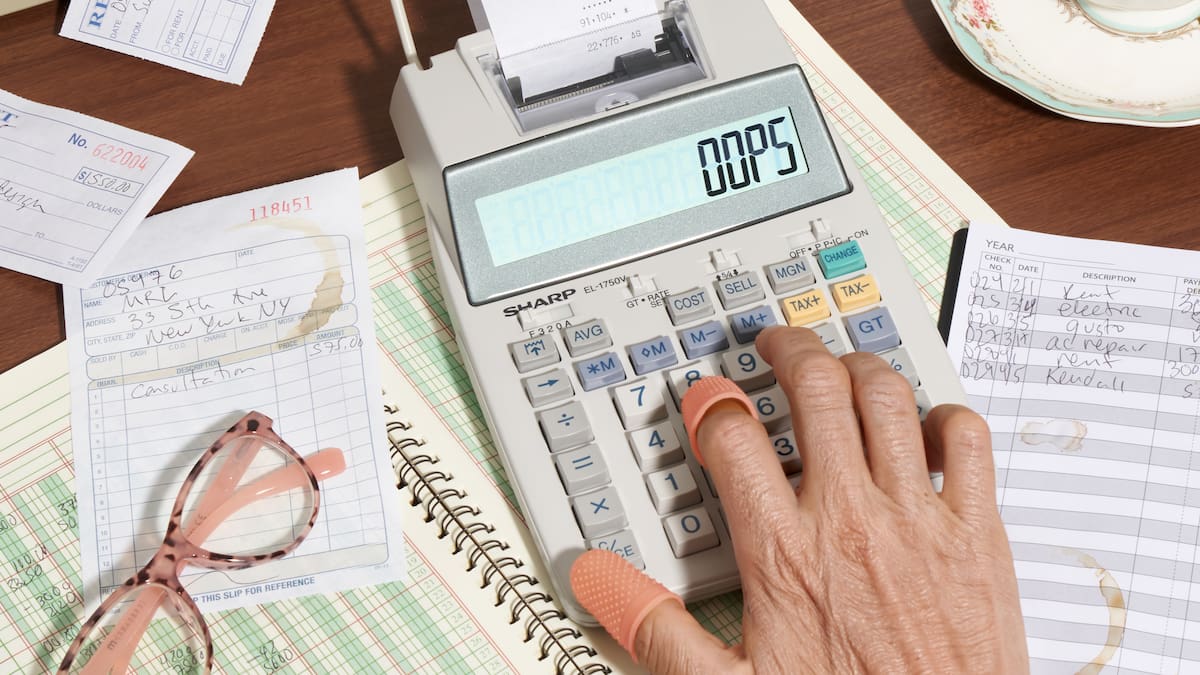Investment Boost, introduced on May 22, means if a business buys a new (or new to New Zealand) vehicle, or other productive business asset, it can claim a tax deduction of 20% in the year of purchase.
A vehicle is still depreciated over the same time period (five years, in most cases), but the option to immediately deduct 20% of its value from taxable income means a lower tax bill in the first year of ownership.
Investment Boost was pushed by Ford, ChargeNet and others at Fieldays, in a bid to sell new plug-in, hybrid, dual-cab utes.
The only fly in the ointment is changes to fringe benefit tax, scheduled to hit Parliament in August, which could see businesses with utes paying thousands more in tax, according to Federated Farmers and other critics.
Supporters of the move say it will be tax neutral, but that some vehicle owners could be paying FBT for the first time because they’ve been labouring under the misapprehension that utes are exempt from the tax on using a work vehicle for recreation).
2. All-of-Government contract changes
BYD New Zealand general manager Warren Willmot played down, Investment Boost, however.
“The Government tax write-off certainly has an effect on our new vehicle sales, but not as much as quoted by other organisations and media,” he said.
Willmot, naturally, saw a $5000 per vehicle discount and a from-$179 per week green operating lease for his company’s hybrid utes as a factor.
But he noted June was the final month of the 2015-25 All-of-Government motor vehicles contract – a selection of makes and models pre-approved for purchase by Crown agencies. Vehicle sellers have to offer keen pricing and service terms, among other criteria to get on the list.
Government departments – in the final spending month of their 2025 financial year – did not know if their preferred vehicles would feature in the new AoG contract, which was released on July 1, Willmot noted.
Some seem to have got out their chequebook in June to score deals before the old contract expired. It turned out to be the last chance to buy a Tesla with an AoG discount, for example.
MBIE won’t go into a blow by blow of the new contract, but a spokesman for the ministry said: “The contract saves agencies time looking at the market for vehicles, and, on average, a 13.75% saving”.
The new All-of-Government suppliers are BYD, Chery (and its sub-brands Jaecoo and Omoda), Ford, Hyundai, Jaecoo Kia, Lexus, Mercedes-Benz, Mitsubishi, Nissan, RAM, Subaru and Toyota.
The missing names from the previous contract include BMW, MG, Skoda and Tesla.
Tesla was on a separate AoG EV contract for 2020-25, now rolled into the main contract.
The other marques on the now-defunct EV supplier panel were Audi, BMW, BYD, Citroën, Ford, Hyundai, Kia, LDV, Lexus, Mercedes, MG, Mitsubishi, Nissan, Opel, Peugeot, Polestar, Renault, Škoda, Toyota, Volkswagen and Volvo.
Incumbent police car supplier Skoda’s absence from the new All-of-Government contract doesn’t necessarily mean our thin blue line will be switching to new vehicles.
“This is still an active tender and commercial in confidence so we cannot comment on the inclusion of suppliers at this time,” the MBIE spokesman said.
3. Tesla’s new Model Y
Worldwide, the terrain still looks challenging for Tesla.
Elon Musk’s firm yesterday reported a 13.5% decline in global sales in the second quarter, to 384,122 vehicles delivered from 443,956 during the same period last year. That followed a 13% fall in the first quarter.
More challenging times could be ahead after US President Donald Trump’s “Big Beautiful Bill”, which includes a provision to eliminate a US$7500 tax credit on a new EV, passed this morning NZT.
But in New Zealand, pent-up demand for the refreshed Model Y saw a boom in June for Tesla as the vehicle finally hit our shores in volume.
The Model Y saw Tesla finally return to the top of the EV charts with 407 sales — a tenfold increase on June 2024’s 40.
EV sales boom overall
That made the Model Y the fourth-best-selling light passenger vehicle overall for June, although overall 2025 remains a slow year for EVs and plug-in hybrids, with only one electric model in the year-to-date top 10: BYD’s plug-in hybrid ute, the Shark 6.
EV sales (light passenger vehicles — that is — electric cars) increased from 511 in June 2024 to 1026 in June 2025.
New registrations of plug-in hybrids trebled as sales of phev cars increased from 228 to 479 and plug-in hybrid utes took total sales in the segment to 912.
June was also a boom month in NZ for BYD, the Chinese firm that pulled further ahead of Tesla globally in the second quarter as it clocked 389,407 sales, as it moved 1222 vehicles.
BYD’s Shark (413) was the third best-selling ute in June behind the Ford Ranger (878) and Toyota Hilux (658).
The top five EV charts saw three BYD entries, the Atto 3 (407), Sealion 7 (83) and the Dolphin (37)
And the BYD Sealion 6 topped light passenger vehicle plug-in hybrid sales with 172 new registrations.
Top 5 selling EVs in NZ, June 2025
- Tesla Model Y: 407 (June 2024: 49)
- BYD Atto 3: 110 (47)
- BYD Sealion 7: 83 (n/a)
- Tesla Model 3: 50 (67)
- BYD Dolphin: 37 (24)
Top 10 selling new vehicles year-to-date
- Toyota RAV4: 4584
- Ford Ranger: 4388
- Toyota Hilux: 4096
- Mitsubishi ASX: 2199
- Kia Seltos: 1878
- Mitsubishi Outlander: 1596
- Ford Everest: 1068
- Mitsubishi Triton: 1667
- Nissan Navara: 1413
- BYD Shark: 1120
Chris Keall is an Auckland-based member of the Herald’s business team. He joined the Herald in 2018 and is the technology editor and a senior business writer.





